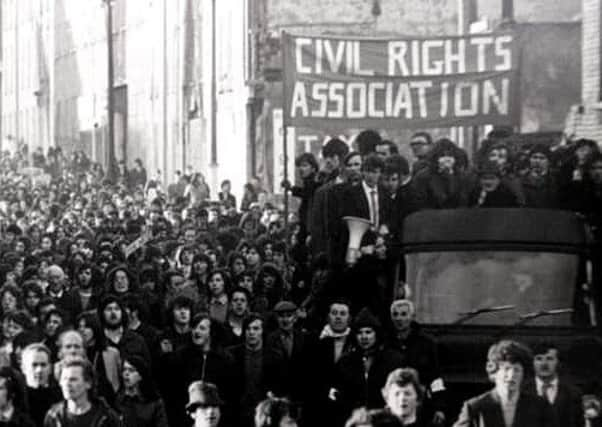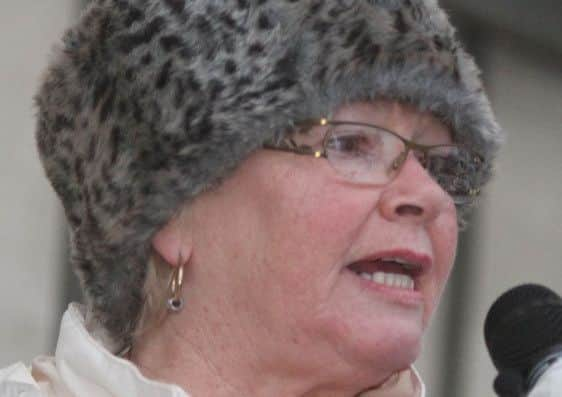Bloody Sunday: Police conclude interviews of former soldiers


In a statement given to the ‘Journal’ yesterday a police spokesperson said: “Police have concluded interviews with former military personnel and our enquiries are continuing. Families will be kept informed of developments.”
The interview process began in November, 2015 when a former soldier known only as ‘Lance Corporal J’ was arrested in Antrim.
Advertisement
Hide AdAdvertisement
Hide AdThat arrest sparked a legal challenge by other ex-soldiers at the High Court.


A ruling was subsequently laid down that the former British servicemen would not be taken to Northern Ireland for questioning over their actions on January 30, 1972 when 14 civilians were shot dead.
The High Court ruling also stipulated that the ex-soldiers could present themselves voluntarily at police stations.
The arrests of the ex-soldiers was halted for a period whilst the High Court decision was deliberated upon.
Advertisement
Hide AdAdvertisement
Hide AdIt is believed that ‘Lance Corporal J’ was questioned in relation to the killing of William Nash, Michael McDaid and John Young.


William Nash’s sister Kate told the ‘Journal’ that whilst glad that the interview process has been completed she was now calling for a swift preparation of a case to be presented to the Public Prosecution Service (PPS).
“This needs to be done as soon as possible. The promise was just that.
“However, the PSNI did warn us that this could take a considerable period of time,” she said.
Advertisement
Hide AdAdvertisement
Hide AdOne consideration that the PPS will consider is whether or not prosecutions of soldiers in relation to the Bloody Sunday deaths is in the public interest.
Kate Nash said: “That is not a question for me. This is very much in the public interest.
“After all the Coroner at the time, Hubert O’Neill said that the killings were ‘sheer unadulterated murder’. So the families of the victims need to receive exactly the same treatment as ay the relatives of any murder victim.”
The murder investigation into Bloody Sunday began back in 2012.
Advertisement
Hide AdAdvertisement
Hide AdThe Saville Report published in June, 2010 unequivocally laid the blame for the 14 killings at the feet of the British Army.
Following its publication Prime Minister David Cameron accepted the findings of Lord Saville’s inquiry and made a public apology stating the killings were ‘unjustified and unjustifiable.’